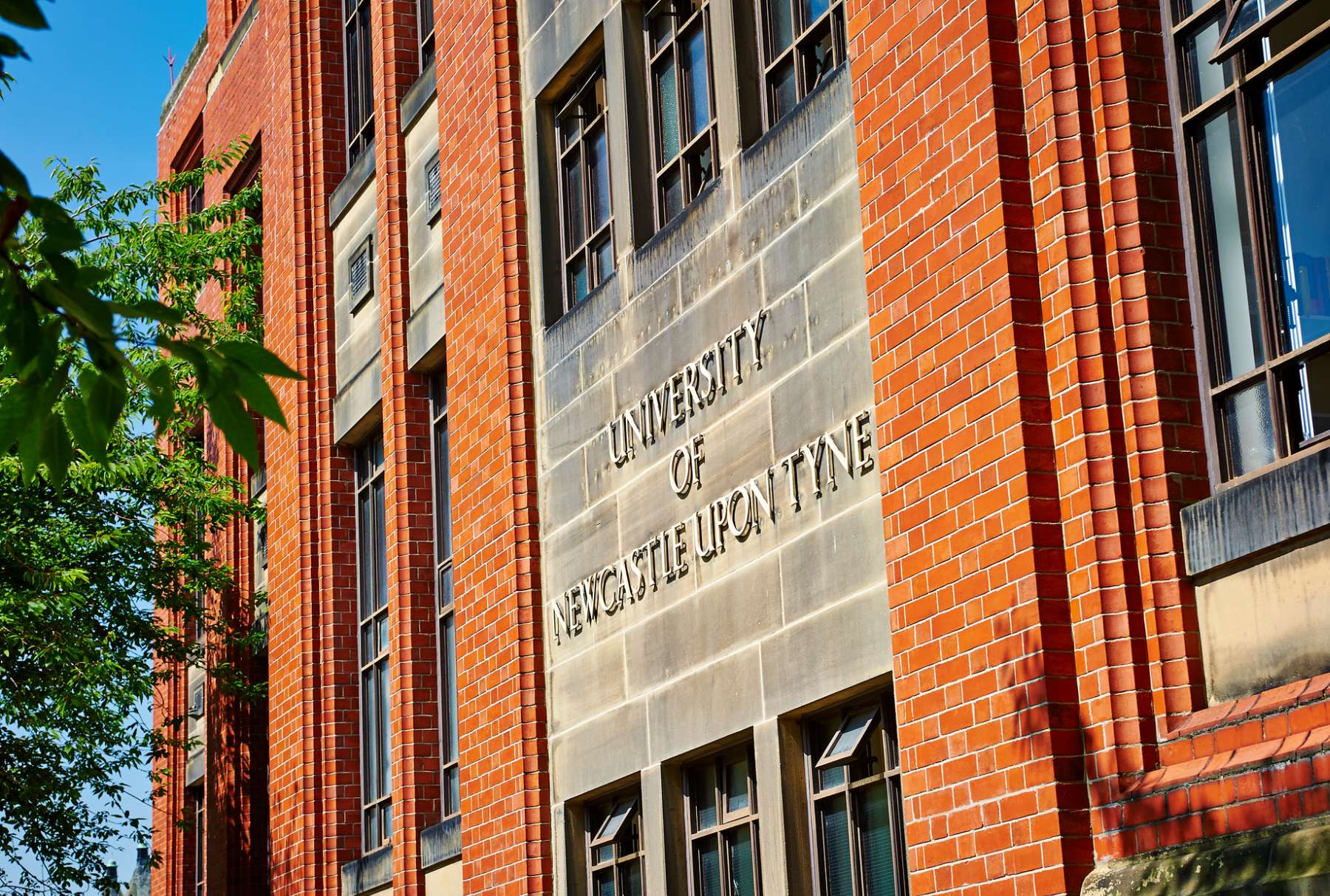News and Events
We work hard to create and promote a vibrant research culture, which helps to facilitate and enable researchers at all stages of their research careers through events and activities.
Research Teas
Research Teas are informal research seminars and aim to encourage dialogue with colleagues both inside and outside of the university. They enable staff to informally present ideas and work in early stages, kick around outcomes and methods, and relate research to teaching. Contributors to our programme are varied and include teachers, academics, practitioners, community-based organisation representatives, visiting scholars and post-graduate researchers.
If you would like to contribute to our Research Tea programme, attend, or want to know more about what we do, please contact the convenor Lucy Tiplady.
Newsletters
Our three times-yearly newsletters contain updates, news, information on projects, publications, conferences and details of our many events.
We have a large electronic circulation list to who we send our newsletters. If you would like to be added to our distribution list to receive these newsletters as soon as they become available, please email us with your request.
